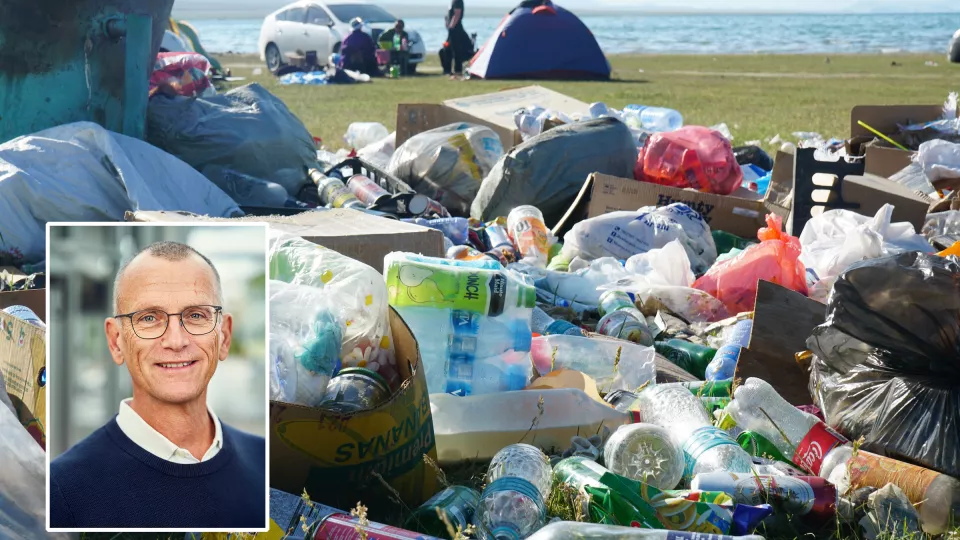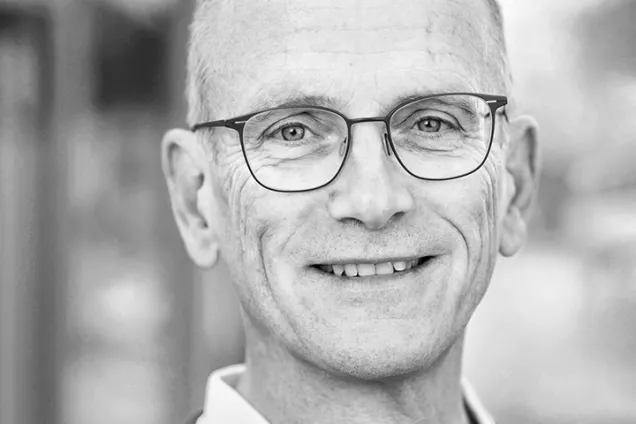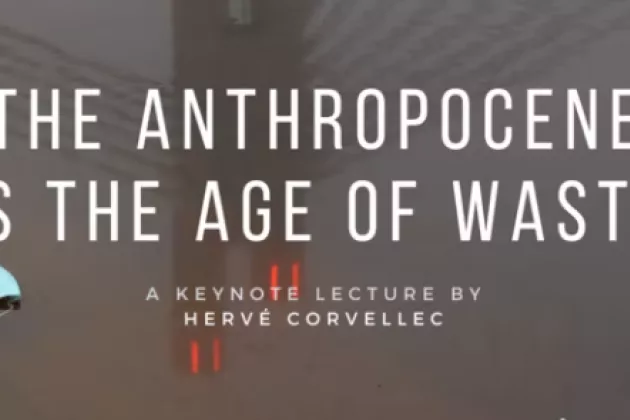In March 2022 UN Member States agreed to start negotiating the content of a new legally binding, global instrument to end plastic pollution. This historic decision is a major leap towards a plastic free ocean for all. The framework is now being negotiated throughout a series of meetings across the globe, and is expected to be adopted by 2025. In a commission appointed by the French Sénat and Assemblée Nationale, where the goal is to evaluate technical and scientific choices to succeed with this, a hearing was held last week with representatives from research on plastic pollution. Professor Hervé Corvellec from the Department of Service studies participated to talk about how consumption and plastic is connected.
– I talked about why there is so much plastic waste and put in to an economical context. Systematically our economical system has put plastic in the center of things. Mobility, multiple choices, fast consumption all require plastic to work. Plastic waste is intimately embedded in the preferences, practices and choices of contemporary production, distribution and consumption. Tackling plastic waste is as much an ethical challenge as it is cultural, technical and social. That is why it is a particularly difficult task that will require a long unravelling of a particularly tightly woven fabric of our societies, says Hervé Corvellec.
Read more about the UN's work against plastic pollution here.





